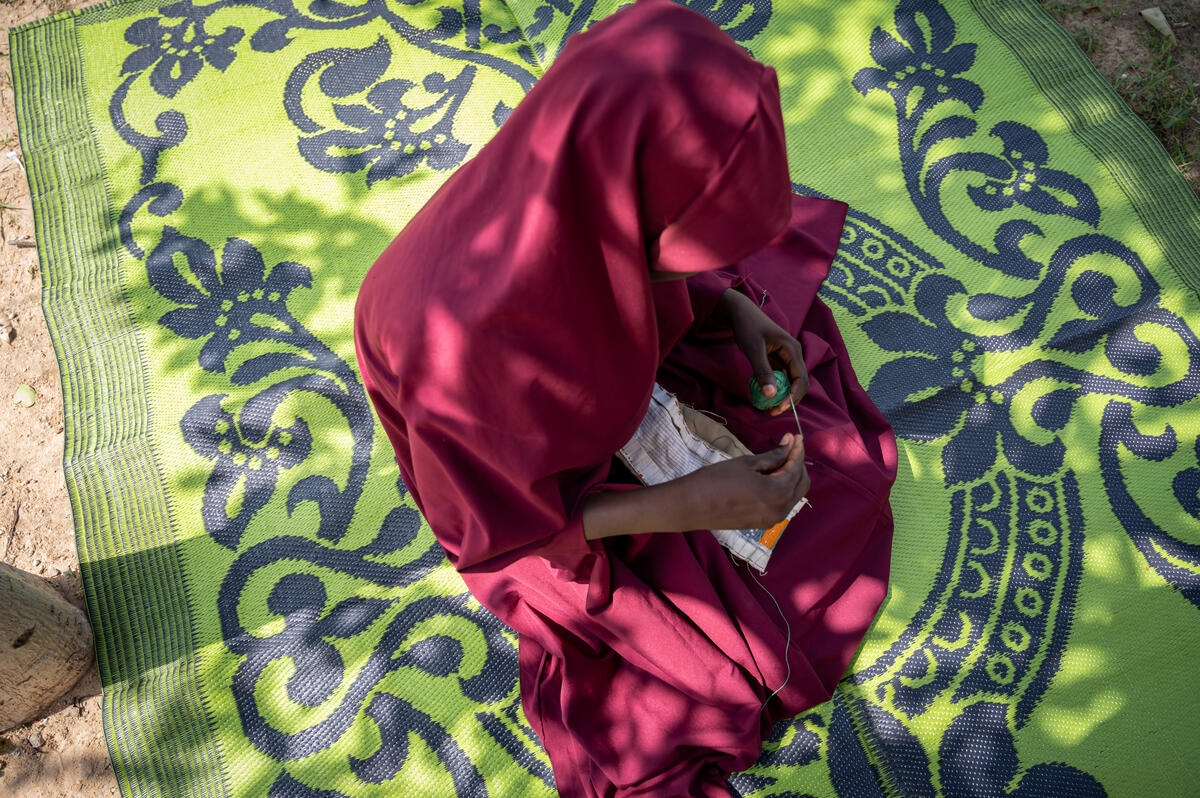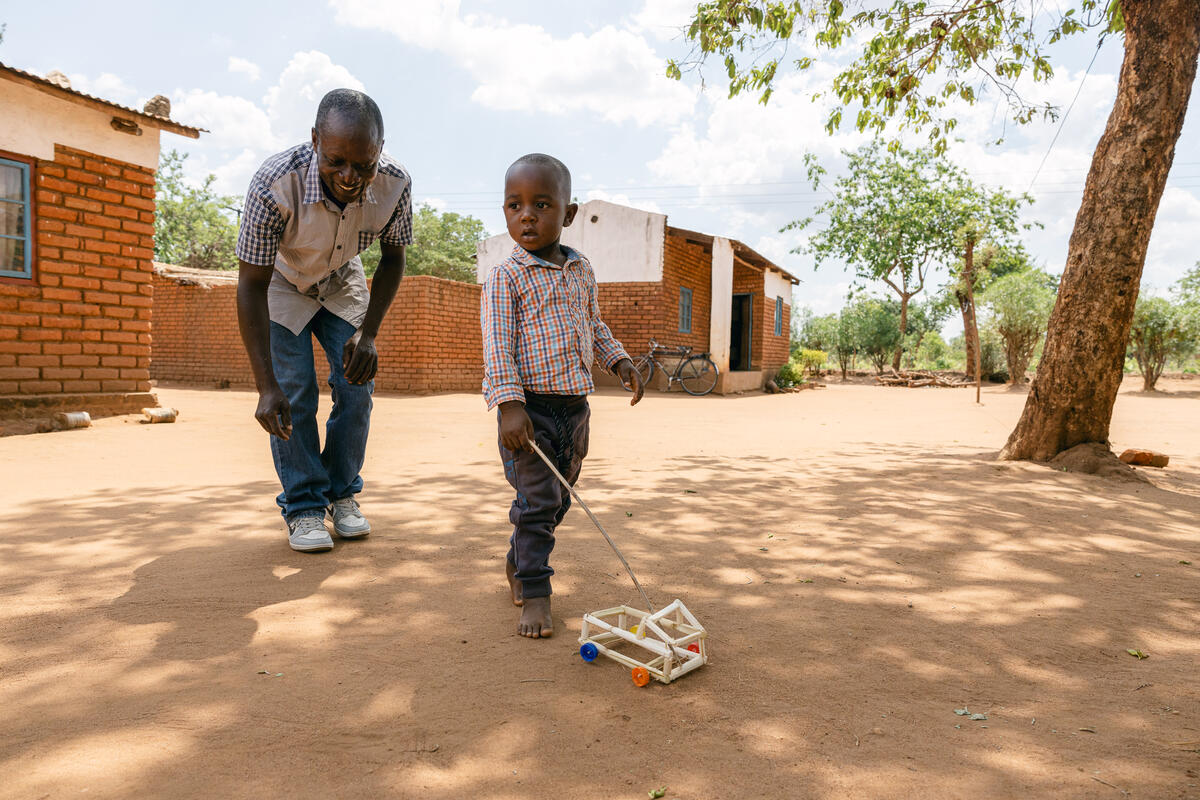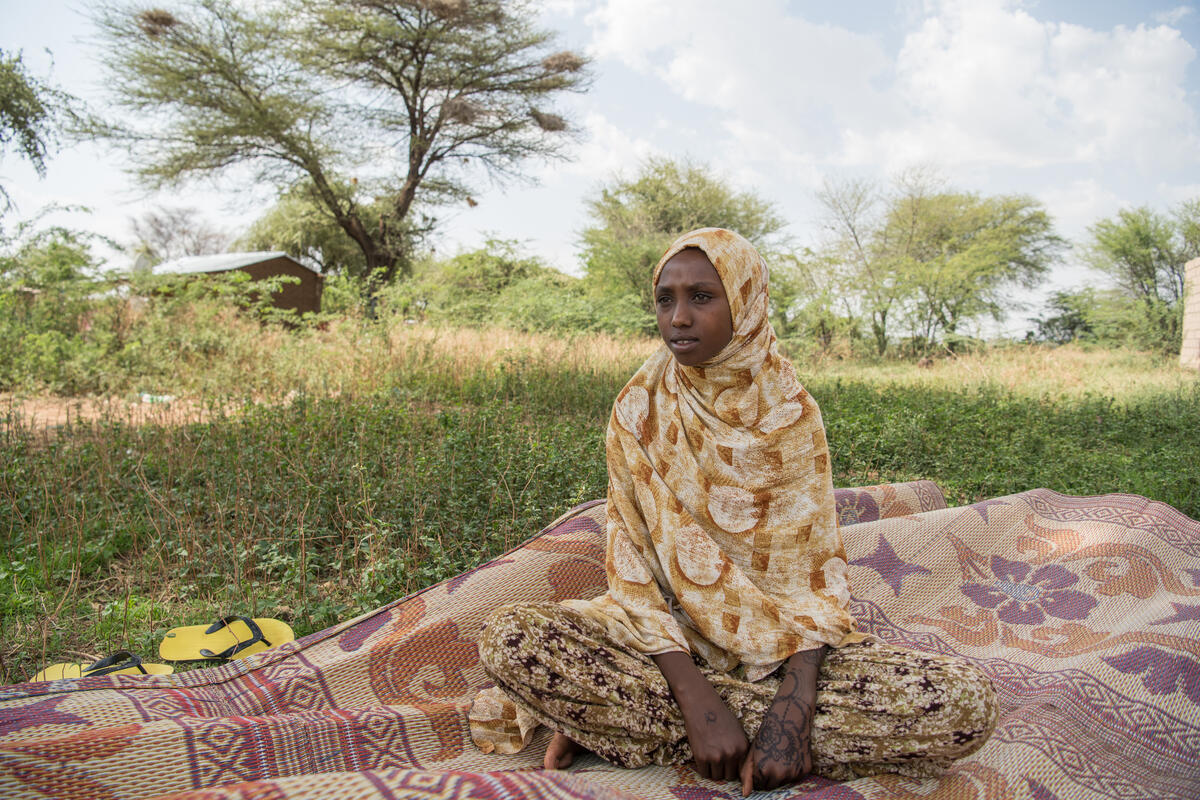Fighting Inequality: The Power of SRHR
Gender equality is a basic right for all people, including children.
Unfortunately, every year, inequitable gender norms cause harm to millions of boys and girls, and often, these damaging expectations directly contribute to the violation of their human rights.
However, while gender norms can affect all children, they are proven to disproportionately affect girls. More than 575 million girls live in countries where inequitable gender norms contribute to violations of their rights, like health, education, marriage and gender-based violence.
What is gender?
Gender is a complex system of roles, expressions, identities, performances, and qualities given gendered meaning by a society. Usually, they are assigned to people based on the appearance of their sex characteristics at birth. Meanings assigned to gender can change over time and vary between cultures.

What are gender norms?
Gender norms are social principles that govern the behavior of girls, boys, women, and men in society and restrict their gender identity into what is considered to be appropriate. Gender norms are neither static nor universal and change over time. Some norms are positive, such as the norm that children shouldn’t smoke. Other norms though can lead to inequality.
Household chores, for example, are much more likely to be performed by girls than boys. Girls account for two-thirds of all children who perform household chores for at least 21 hours per week, which is the amount of time that can negatively impact a child’s schooling. Similarly, women spend two to 10 times more time on unpaid caregiving and domestic work than men.
By contrast, men and boys are more often targeted for active combat roles by armed groups because of the association of masculinity with defending homes and communities.
What are gender roles?
Gender roles are behaviors, attitudes and actions that society feels are appropriate or inappropriate for a man or woman, boy or girl, according to cultural norms and traditions.
Because of certain gender roles, many girls around the world are prevented from attending school in favor of gender roles related to their role in household chores and the position of girls in society. Their voices are undervalued if heard at all.


This reduced access to education has long-term consequences for the future of girls. Inequality cuts girls’ futures short – when girls are excluded from receiving an education, their ability to earn a living and become independent is drastically limited. Without equal opportunities to learn, income inequality and dependence on men to provide keeps girls in a cycle of poverty and confinement to their homes to perform unpaid domestic labor. Lack of outside opportunities limits the ability of girls to reach their ambitions.
In extreme scenarios – such as in sub-Saharan Africa and Western Asia – girls of every age are more likely to be excluded from education than boys. For every 100 boys out of school in these regions, 115 and 123 girls, respectively, are denied the right to education due to deeply ingrained gender norms.
Gender inequality and Gender-based violence
Gender-based violence (GBV) refers to all harm inflicted or suffered by individuals based on gender and is influenced by gender norms. The intention of GBV is to establish or reinforce power imbalances and perpetuate gender inequalities.
Worldwide, 1 in 3 women experiences some form of GBV during a lifetime. Approximately 15 million adolescent girls aged 15-19 have experienced forced sex during a lifetime but only 1% seek professional help. At least 200 million girls and women have experienced female genital mutilations globally, with many being cut by health care providers.


While girls are significantly more vulnerable to sexual violence due to gender roles, the stigma of sexual violence against boys and the lack of services to respond to the needs of male survivors makes it even less likely that such incidents will be reported. For example, traditional gender norms around masculinity will likely affect whether boys’ access mental health services, as well as how boys are treated by service providers when they do report sexual violence.
Why is gender equality so important?
Gender equality is not only a fundamental human right, but a necessary foundation for a peaceful, prosperous and sustainable future. Eradicating gender issues means a world where women and men, girls and boys all enjoy equal rights, resources, opportunities and protections.
Empowering girls from the start has lasting and compounding benefits over their lives. When girls are supported to be active in civic and political spaces, they are empowered with the tools and skills they need to be drivers of positive change in their families and communities. Girls are the experts of their own experiences, priorities and needs, and are powerful catalysts for a world where gender equality flourishes.
Promoting gender equality is also central to ensuring child protection and the fulfillment of child rights, as abuse, neglect, violence against women and exploitation both reflect and reinforce gender inequalities


